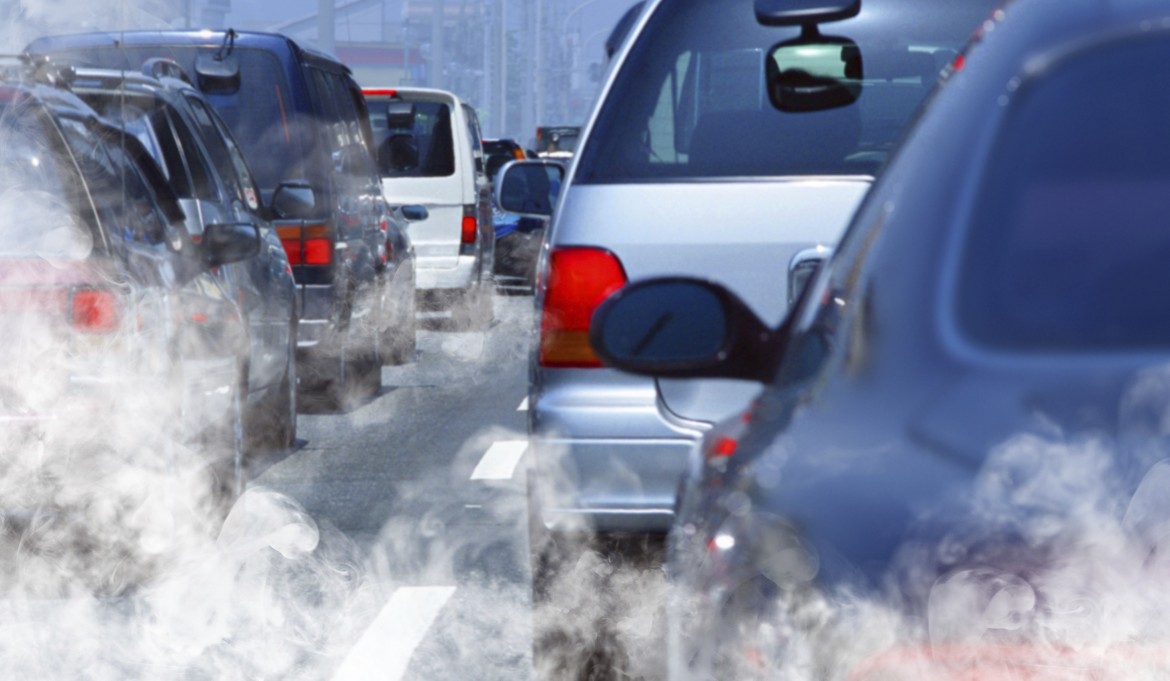Interview
Italy falling behind on climate, with government priorities elsewhere
Italy’s former Environment Minister speaks with il manifesto about sustainable development. ‘In the last four years, in the context of a modest economic recovery, the decarbonization process seems to have stalled.’

Edoardo Ronchi is the former Environment Minister of Italy and President of the Foundation for Sustainable Development. We spoke with him about the government’s investments in sustainable development. In short, he’s not satisfied with the country’s progress.
“We need to stop saying that Italy has done its part for the climate, or even than it has done better than other countries,” he said.
What do you mean by that?
While the official data has not yet been released, it is estimated that greenhouse gas emissions in Italy have grown between 0.5 percent and 1 percent in 2017. In the last four years, in the context of a modest economic recovery, the decarbonization process seems to have stalled: the energy intensity per GDP has remained constant at around 120 tons of oil equivalent (TOE) per million euros. Energy consumption has grown again between 2014 and 2017, from 166 million tons of oil equivalent to over 170. As for renewables, after the strong growth they showed in the 2005-2013 period, for the past five years they have nearly stalled at around 17 percent of the total energy needs, with a modest increase from 17.4 percent in 2016 to 17.7 percent in 2017.
Has anything changed in terms of sustainable development policies with the arrival of the M5S-Lega government?
It is too early to make an overall assessment of the effect of this new government on the green economy and sustainable development. Of course, I’m talking about measures that have actually been approved and have gone into effect, not about intentions, programs or announcements. If we read their first Economic and Financial Planning document, as well as the first drafts of the budget law and fiscal measures that have been analyzed in the media, it doesn’t look like sustainability and green economy policies are among the government’s priorities. We are waiting for some important measures: the new decree on renewables, the resolution of open issues concerning the End of Waste decree after the decision by the Italian Council of State, the implementation of the new European directives on waste management and the circular economy and the National Energy and Climate Plan. This package of measures will allow us to get a better understanding about the direction this government is moving in regarding sustainability and the green economy.
According to the president of Legambiente, Stefano Ciafani, Minister of Economic Development Luigi Di Maio “has the power to increase the incentives for renewables and improving energy efficiency by cutting the direct and indirect subsidies for fossil fuels (which amounted to €14 billion in 2016), but so far he has not done so.” In your opinion, is this a priority to be addressed?
I believe the reallocation of subsidies that have a negative or neutral impact on the environment is certainly a priority, as part of the process of changing the economy toward a green economy. A portion of these subsidies should be reallocated to the same sectors, but their aim should be changed. For example, the very substantial subsidies for agriculture could be aimed at strengthening the development of green initiatives: paying for services benefiting the ecosystem, sustainable forest management, and so on.
In 2017, the Environment Ministry published a special catalogue in which it highlighted that environmentally harmful subsidies (EHS) had grown, amounting to €16.2 billion per year. However, since then, the catalogue has not been updated, in spite of the legal requirement to do so. Could these resources have been repurposed through the 2019 budget law?
Actually, I am aware of an initiative by the Economy and Finance Ministry to reallocate a portion of these subsidies in the next Budget Law, for the purpose of raising cash and reducing the need to use public debt to finance the expenditures that will be included. I wouldn’t rule out that something like this may already be included in the government’s draft or in the Parliament’s amendments. However, given that such measures rank low among political priorities, I don’t expect large sums, nor do I expect that they will be reallocated toward green initiatives.
If these €16.2 billion per year were to be used to support sustainability rather than fight it at the expense of Italian taxpayers, this might become an important push for development: in your opinion, what would be the most urgent measures that would need financing?
I think a major part of these subsidies should stay in the field of agriculture, but with a different destination. To implement the Paris Climate Agreement, we need a strong revival of renewables for electricity, transport and heating, and robust measures to boost energy savings and energy efficiency, particularly for civilian consumption and services. To implement this change, it would be necessary to establish a substantial national fund to finance the energy transition, to be fed via the reallocation of a portion of the subsidies that are harmful for the environment, as well as by enacting a carbon tax. We have calculated that for every euro of public funding for measures aimed at the implementation of the Energy and Climate Plan, three euros are added from private investment, with estimated accumulative effects of about 900,000 units of labor over the next five years.
Originally published at https://ilmanifesto.it/edo-ronchi-emissioni-di-gas-serra-litalia-e-ferma-da-quattro-anni/ on 2018-11-20
